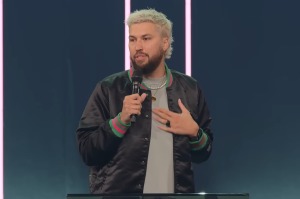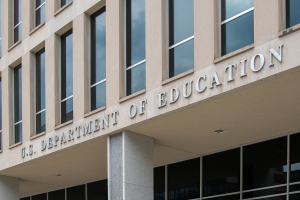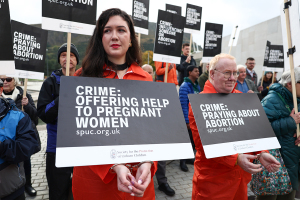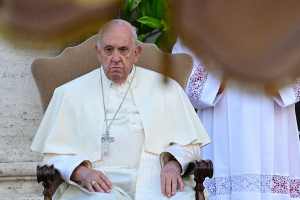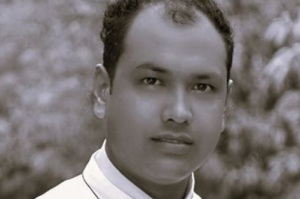Saving Florida Prisoners
Lawtey, FLORIDA -- Despite opposition from many critics, calling it violation of the Constitution, Lawtey Correctional Institution, a faith-based prison, is pushing for bigger financial investment, allowing religious groups, mainly Protestant and Evangelical to work in the prisons.
Legislators have spent about $7 million during four years promoting religion as a way to help inmates learn to live productive lives. The state has hired 102 chaplains, with annual salaries of about $28,000, and created dorms, mentoring, life skill classes and treatment for substance abuse under the care of religious leaders.
Officials and other advocates say providing religious environment will influence inmates not to act badly and reduce the likelihood of returning to drugs and crime.
Gov. Jeb Bush said the concept makes sense to him. "I think it will work," the governor said in a recent interview. "We're going to measure it and study it and make sure that's the case."
Paul E. Smith, who used to minister at Martin Correctional Institution, has big ambitions for Lawtey, including a Baptist tent revival on the compound and an outdoor baptismal ceremony.
"If you're not in a faith-based dorm," Smith said, "then you're pretty much just wasting time. There's not a lot of personal development that will be there for you."
"When I come into a prison, I no longer am a Southern Baptist minister, I'm a man of God representing all faiths," he said.
Officials insist that because of the safe environment that the prison provides, nonreligious people also wish to get into the prison regardless of their faith.
"At this prison, we've kinda taken many of the negative influences of a prison environment out of the picture," said Sterling Ivey, a corrections spokesman. "You don't have guys standing around the chow hall, trying to persuade you to boycott the meal or encouraging you to run from the officers or throw urine."
William R. Browning of Fort Lauderdale, is serving time in D-Dorm for selling and possessing drugs but he has no worries. Now his heart has sincerely acknowledged himself as a sinner in front of Jesus.
"When you come to a faith-based dorm, it's not just you you've got 80 some inmates helping you out, to get through this," Browning said, "A year ago, I was by myself didn't talk to nobody. Now, you don't go to an officer, you go to another inmate to work out your differences.”
Browning hopes to get back to work at his family's South Florida construction company, and says he wanted Lawtey for camaraderie with other inmates interested in round-the-clock religion.
Whether or not Lawtey is breaking the Constitution, the faith-based prison does provide what others don’t: mentors and a much different learning environment. Florida inmates must receive 100 hours in life-skills training before release and even after their release counseling is available for them. At Lawtey, paid instructors and volunteers teach inmates in small group sessions whereas other prisons mostly use videotapes. The idea, said Alex Taylor, who heads the chaplaincy program for the 80,000-inmate state prison system, is "to build a bridge to someone the inmate can call upon for assistance and help if he needs."
Myrtis Robbins, who guides 20 men in a Lawtey classroom says, "We all need people. We need associates. But we have to be careful how we pick them.”
During her session, Robbins asks the inmates, "If I could start all over again, I would do what?" Robbins asks.
"I'd be a better person," one inmate replies. "Stay in school," says another.
















